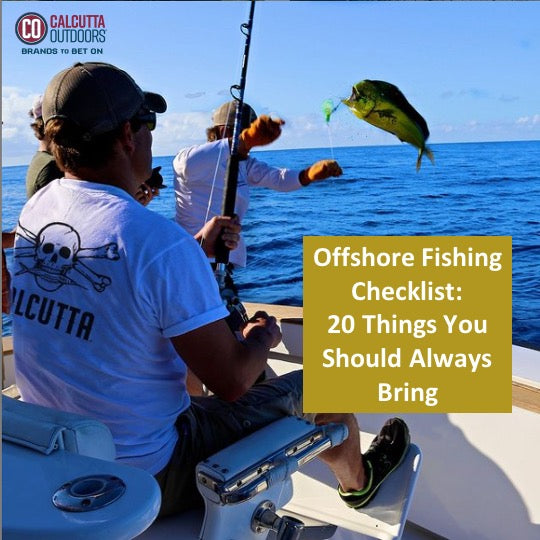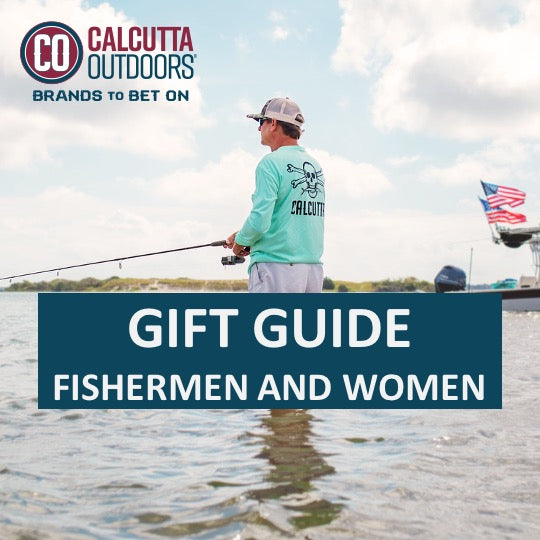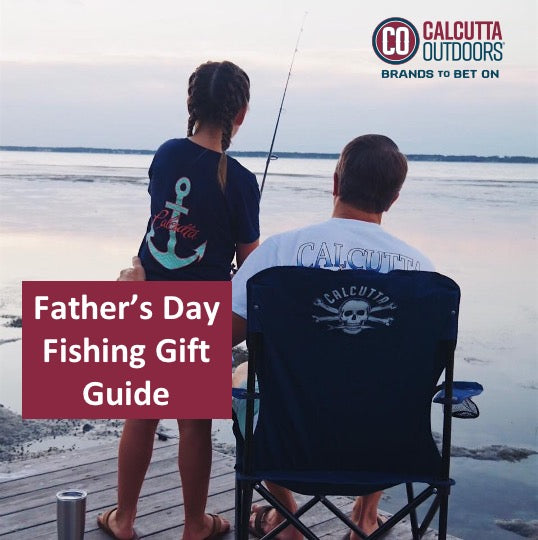20 Items to Bring on A Deep-Sea Charter Fishing Trip
Few things are more exciting than heading offshore to chase marlin, tuna and other saltwater monsters—except maybe hauling in heavy grouper, snapper and bottom fish from the ocean’s depths. There’s never been a better time to book a deep-sea fishing trip. To help you prepare for the adventure, we’ve created this checklist of 20 essential items that you should always carry.
Rods, reels and bait are provided by the charter service, but there’s more than just fishing tackle required for a memorable offshore experience. Comfort is critical and a key ingredient to maintaining the edge needed for those line-stripping runs. Our list of essentials to bring on your first deep-sea fishing trip includes many items overlooked by first timers and a few others that will help you sail through the day like an old salt.
Mandatory Items First
Daily Medicine—Bring an adequate supply of prescription(s) you take daily. It’s unlikely the captain will turn back to shore once underway, unless there’s a life-threatening emergency. Missing one blood-pressure pill may not qualify, so bring enough for the entire trip. Extra is better, just in case weather or mechanical problems delay your return.
Motion Sickness Preventive—Bring seasickness/motion sickness medicine, even if you’re among the lucky few who have never experienced the nausea and discomfort. Those particularly prone to the condition should consult with their physician for a prescription. The inexpensive remedies available at drug stores work for most fishermen, though, and they’re great insurance to have on hand just in case.
Fishing License—More than a few trips have been spoiled when an angler discovers he or she doesn’t have their fishing license. In many cases you can purchase one at the dock, but don’t rely on using your credit card. Bring cash, just in case.
Some states, including Florida, North Carolina and South Carolina, do not require you to have a fishing license if you’re aboard a licensed charter vessel. It’s always best to check with the charter service that you’ve hired, or consult the state’s fish and wildlife website prior to your fishing trip.
Protection from the Sun
Hat—A warming sun at sunrise quickly turns glaring and baking in hot weather. Bring a hat to shade your eyes and protect your head. Bonus points go to those wise enough to choose a wide-brimmed version that shelters the nose, ears and a portion of the neck. Shop Headwear
Neck Gaiter—They stuff into the tiniest bag corners, last for years, weigh next to nothing and quality versions are so breathable you hardly know you’re wearing one. It’s the kind of added protection from the blistering sun veteran offshore fishermen rely on. For those times the water’s reflection is burning into those places the hat promised to shade, simply pull it up to cover your ears, chin and nose when needed. Shop Neck Gaiters
Sunscreen—Sunburns hurt and needlessly drain energy, which makes sunscreen/sunblock a key item. Sun exposure while on the water can nearly double, so a liberal application before or as you leave the dock is wise. Repeat the procedure throughout the day. Bring plenty because someone always forgets theirs.
Sunglasses—Lengthy exposure to the sun is fatiguing and can even damage the eyes with enough unprotected exposure. A quality pair of sunglasses remedies the problem and lets you see through glare and into the action below that can be undetectable otherwise. Polarized lenses perform best at the task, but any sunglasses you choose need to be comfortable enough for all-day wear. Shop Sunglasses
Lip Balm—Sun, wind and salt spray dry everything, which makes lip balm another key ingredient for comfort. Get one with a minimum 15 SPF rating for added protection.
Long-Sleeve Shirt—Lightweight and breathable is best, but make sure it’s long sleeved. Today’s high-performance fishing shirts have UPF protection built right into the fabric. Dress in layers on cold mornings because you can always peel some off to maintain comfort as the temperature rises. Shop Sun Protection Shirts
Fishing Accessories
Hand Towel—You’re on the water, things get wet and you’re probably going to sweat during and after that first big hookup. The first mate’s priorities don’t always include handing them out, so bring a hand towel. Shop Bait Towels
Wet Wipes and Hand Sanitizer—When it’s time to enjoy a snack or lunch, you’ll want clean hands. While mates on private charter boats typically do much of the dirty work, you’ll find yourself handling both bait and fish on a deep-sea party boat.
Gloves—Fishing gloves are wise for a variety of reasons, even if the charter’s staff handles the catch on board. They won’t be carrying it to your vehicle or transferring it into your cooler. Gloves also come in handy any time extra protection is needed.
Rain Gear and Footwear
Rain Jacket—You can never be too prepared. Today’s high-tech, lightweight rain jackets take up so little space. You’ll never even know it’s there—until, that is, an unexpected squall rolls in or it’s pouring when you get back to the dock.
Non-Skid Footwear with Closed Toes—Sandals aren’t appropriate when you’re going to be boating toothy fish and baiting sharp hooks. Wet decks and rocking boats make soles that maintain their grip the best way to remain upright during your trip. Save those sandals for grilling out when you get home.
Additional Gear
Cooler—You need something to bring your catch home, so pack a cooler and leave it in your vehicle. Stuff it with ice in the morning, and the cooler will be chilled enough to get that limit of fish to the fridge fresh and unspoiled. Shop Coolers
Drinking Bottle—It won’t take long for the salt air and the fishing action to make you thirsty. Some charter boats provide drinks and snacks, but many require you to bring your own. Regardless, it’s always a good idea to bring along a water bottle or tumbler with a spill-resistant lid filled with water or your beverage of choice. Shop Drinkware
Fish Bag—It can be a long walk back to your vehicle if you’re hauling a heavy load of fish. An insulated fish cooler bag helps you easily shoulder the load while keeping your catch cold and fresh. Have a gunny sack at home? You can wet it down and you’re ready to carry your fish off the boat in fewer trips. Shop Fish Cooler Kill Bags
Cell Phone with Camera—Don’t let that once-in-a-lifetime trip become a faded memory. Bring a camera or carry a cell phone that produces quality images. Saltwater and electronics don’t play together well, so stow them in a sealed plastic bag. Turn on the flash when you do take it out for a photo to capture more lifelike colors and reduce shadows under your hat. You’ll be ready to post that catch-of-the-day photo on Facebook and Instagram as soon as you arrive back at the dock.
Cash—Cash on hand ensures you can tip the crew, get your license and pay for fish cleaning without walking the dock in search of an ATM.
Waterproof Bag—Things often get wet on an offshore fishing boat. It’s always a good idea to store your electronics, wallet, and other important items in a dry bag. While a zip-lock bag will suffice, waterproof dry bags with roll-top closures and welded, waterproof seams are the best choice. They’re durable, perfect for deep-sea fishing trips, and often feature a shoulder strap for carrying. Shop Dry Bags
Check with Your Fishing Charter—Charter services routinely provide rules and recommended gear to bring onboard. Following them improves your experience, ensures safety and often addresses conditions specific to the exact area you will be fishing. Check the charter boat’s website or contact them before your trip to make sure you have everything you need.
Visit a Local Fishing Tackle Store—Before you set foot on a charter boat, stop by a local bait and tackle store—or two. The tackle shop will likely stock many of the items on this list. And when it comes to anything related to fishing, tackle retailers are the experts. They will be happy to share their knowledge and provide up-to-the-minute fishing and weather reports.



